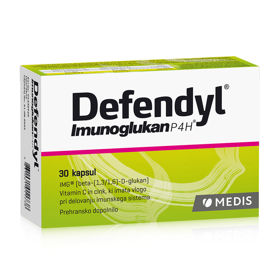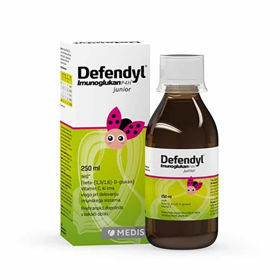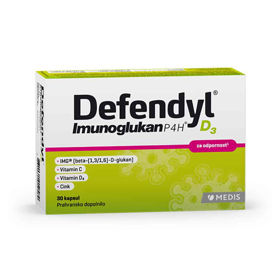Customer question:
Is angina always treated with antibiotics, or are there other drugs? Anonymous customer's question
Pharmacist's answer:
Angina caused by a bacterial infection is usually treated with antibiotics. Bacterial angina is often caused by an infection with Streptococcus pyogenes, also known as group A streptococcal bacteria. In these cases, antibiotics are crucial to treatment, as they help kill the bacteria and prevent further spread of the infection and possible complications.
In addition to antibiotics, other drugs may be used in the treatment of angina, depending on the cause of the angina and the severity of the symptoms.
Some medications that may be used to treat angina include:
- analgesics,
- throat lozenges,
- decongestants,
- rinsing the mouth with warm salt water,
- antiseptics for the throat,
- air humidification,
- antipyretics...
Should we simultaneously take probiotics when using antibiotics?
When taking antibiotics, the natural balance of bacteria in the digestive tract is usually disrupted, as antibiotics destroy harmful and beneficial bacteria. This can lead to side effects such as diarrhea, dysbiosis (an imbalance of bacteria in the gut), or even Clostridium difficile infections. Taking beneficial microorganisms during antibiotic treatment can help reduce the risk of antibiotic-related side effects.
Interesting reading: Is angina pectoris curable?
Interesting reading: Streptococcal angina contagiousness













